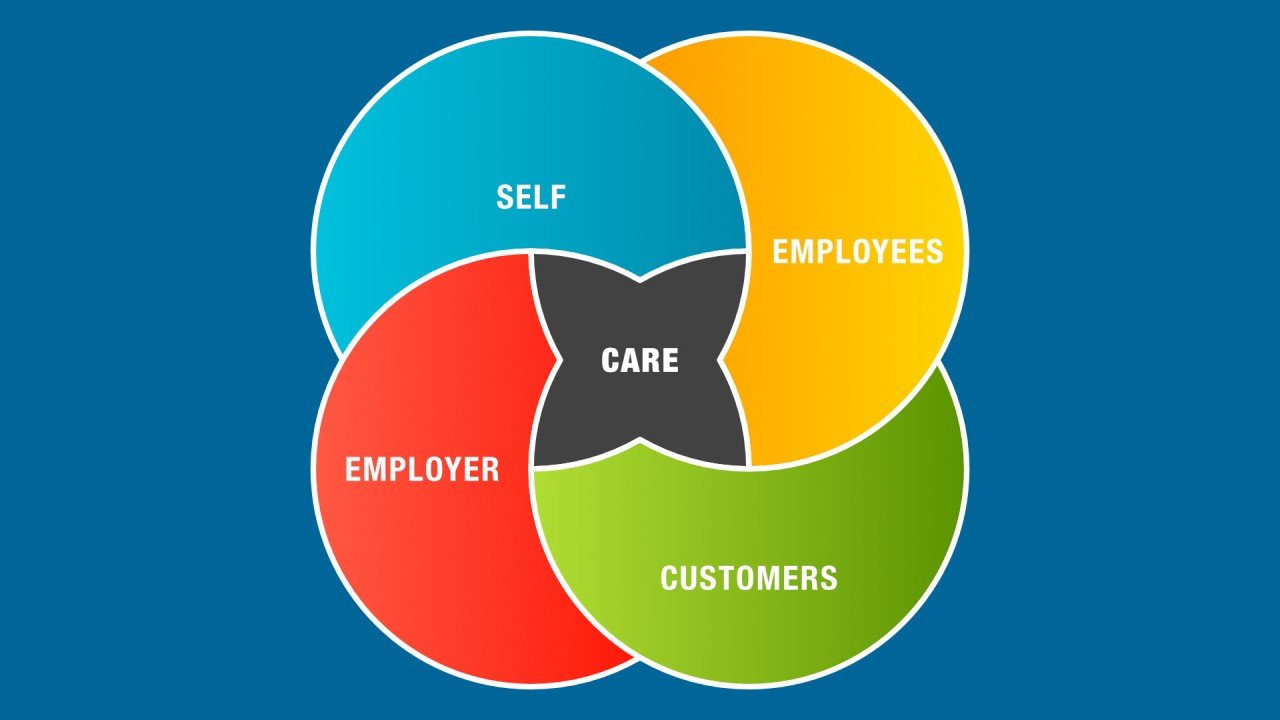Leadership isn’t about defining a vision that others work towards. It’s about the small, everyday actions that build trust, foster clarity, and create a sense of purpose.
The Intentional Leader
In a world where social media often showcases the polished, final results of years of hard work, it’s easy to think that success is a product of natural talent—that greatness is something reserved for a lucky few.
In today's fast-paced world, growth is the hallmark of organisations that thrive—not just survive. And at the heart of growth lies learning. If your people aren't learning, they're not growing—and that's why creating intentional learning zones in the workplace is no longer optional; it's essential.
In a world where everything is accelerating at unprecedented levels, `the notion of pausing to reflect may seem counterproductive. Yet, reflection is one of the most powerful tools for personal and professional growth, as it holds the key to understanding the past, navigating the present, and shaping the future.
Do your people engage in open and honest communication? Do they take risks, share ideas and admit when they make mistakes? Do the best ideas often beat the loudest ideas? Do the best employees stay? If the answer is mostly no, there's a good chance your workplace lacks psychological safety!
What are my priorities as a leader? This is a question that new and experienced managers alike often ask. While I could provide a picture-perfect answer from a hundred or so leadership frameworks, the answer is that leaders must prioritise care for themselves, employees, customers, and the business.
In today's increasingly complex, globalised world, diversity and inclusion have become more important than ever. Simply talking about diversity and inclusion is not enough - organisations must actively embrace and embed it into their core values.
As a leader, there will always be times when you are required to face adversity head on and make tough decisions, stand up for what you believe in, or take calculated risks. This is where having the courage to do what is right, even when it is difficult, risky, or unpopular is essential for success.
Leadership is not overly complicated, but it is a pretty multifaceted concept that requires a combination of mindsets, qualities, skills, and traits to be effective. Among these, self-awareness stands out as a critical component.
In today's fast-paced, rapidly changing, and highly competitive world, how leaders show up is key to sustained organisational success.










